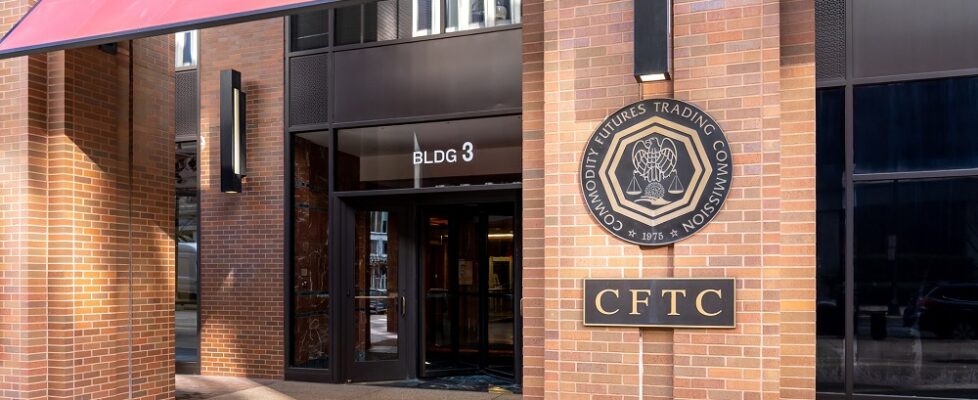CFTC asks Court to impose $9.2M fine on Long Leaf founder
The Commodity Futures Trading Commission (CFTC) has outlined the proposed penalties to be imposed on Timothy M. Evans, former CEO and founder of Long Leaf Trading Group, which operated as a boiler room.
On January 18, 2023, the regulator filed a motion for default judgment against Evans with the Illinois Northern District Court.
The document, seen by FX News Group, requests that the Court enter a default judgment:
- finding Evans liable the violations of the Act and Regulations set forth in the complaint;
- ordering Evans to pay restitution of $3,390,407, disgorgement of $3,083,978, and a civil monetary penalty (CMP) of $9,251,934, and;
- enjoining Evans from (a) engaging in substantially any activity relating to commodity interests, i.e., a “trading ban;” (b) applying for registration or acting in a capacity that requires registration by Defendants, i.e., a “registration ban;” and (c) further violative conduct of the kind described in the Complaint.
The CFTC’s complaint against Evans includes charges for fraud and various registration-related violations of the Commodity Exchange Act and accompanying regulations. Evans’s violations arise from a so-called options trading program offered to retail customers by Long Leaf Trading Group, Inc., a firm that Evans owned and controlled from June 2015 until December 2017, when he sold it to Defendant James A. Donelson.
The Court had earlier entered summary judgment on liability, as well as on restitution and disgorgement, against the defendants who did appear in this case: Long Leaf, Donelson, and Jeremy Ruth, a salesperson who worked at Long Leaf during Evans’s tenure.
The Court also entered, upon motion by the CFTC, CMPs and injunctive relief against those defendants. With the CFTC’s claims against Long Leaf, Donelson, and Ruth having been resolved, the Court may now enter a default judgment against Evans without the potential for inconsistent judgments.
The facts in the CFTC’s complaint, taken as true for purposes of the default judgment, establish liability against Evans for the same reasons they do for the other Defendants. Evans is liable as a “controlling person” for Long Leaf’s violations of the Act and Regulations because he knowingly induced them as the mastermind of the scheme.
The CFTC requests, therefore, that the Court enter a default judgment against Evans.





